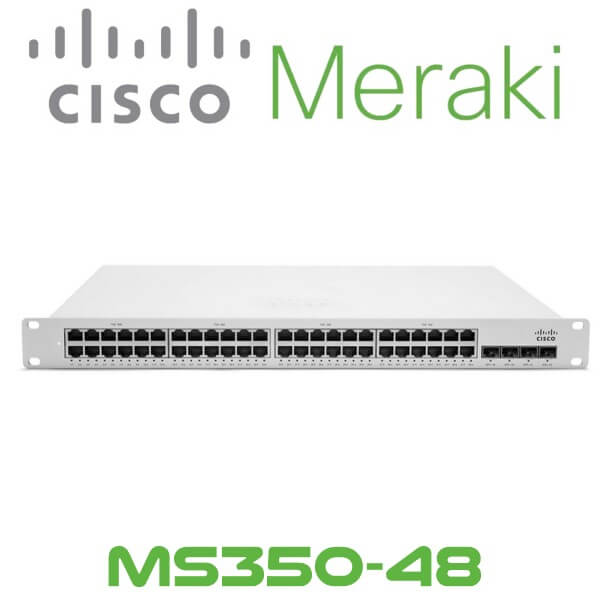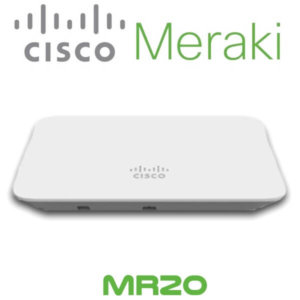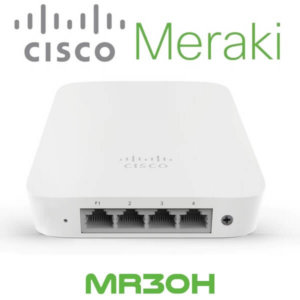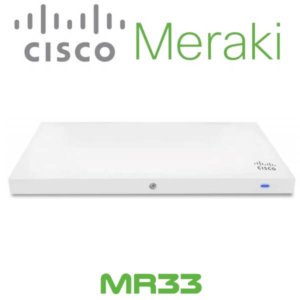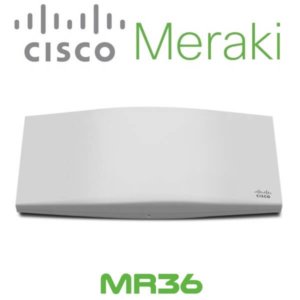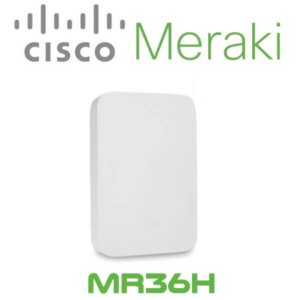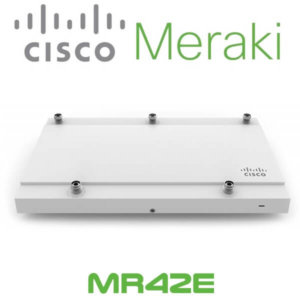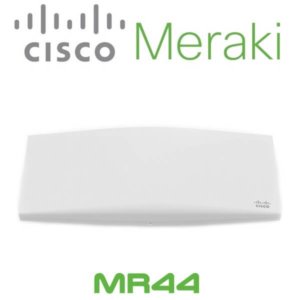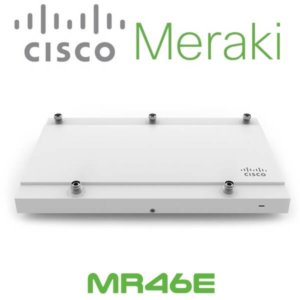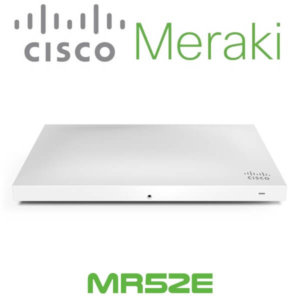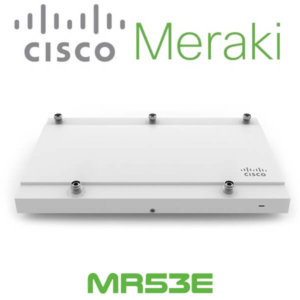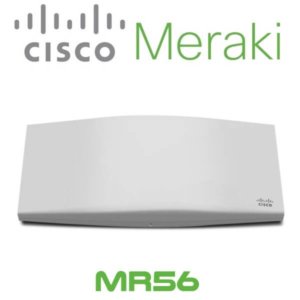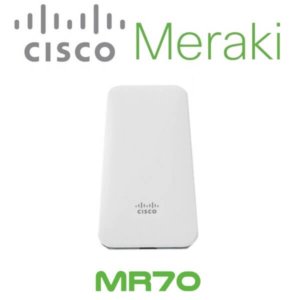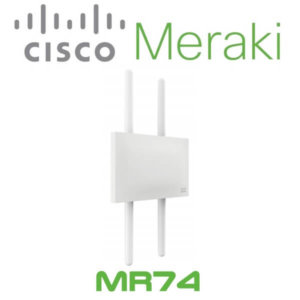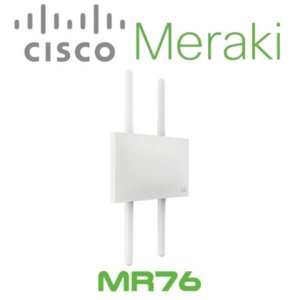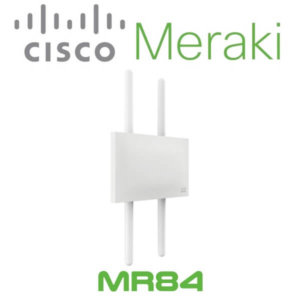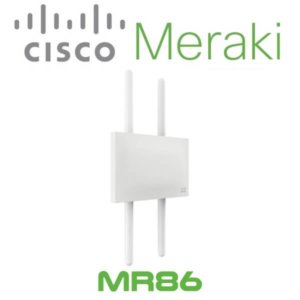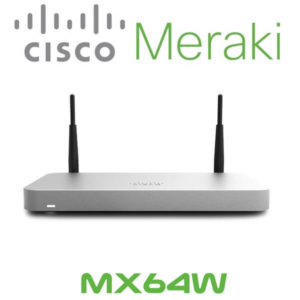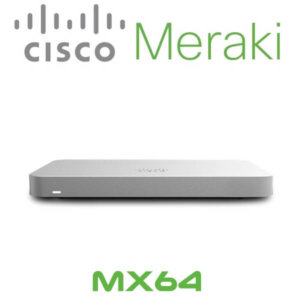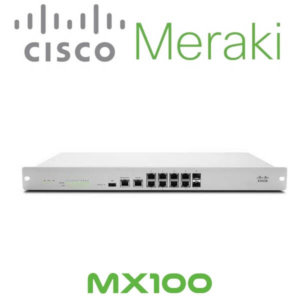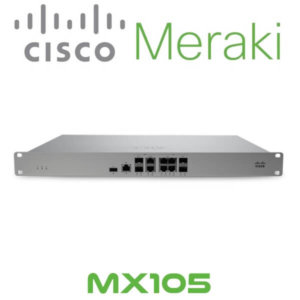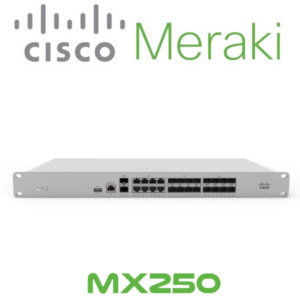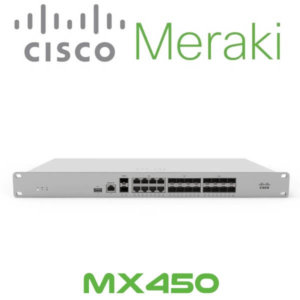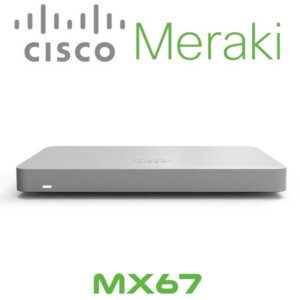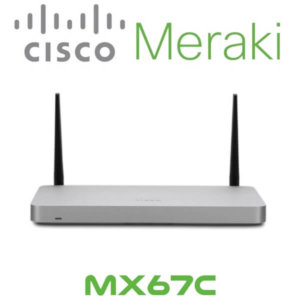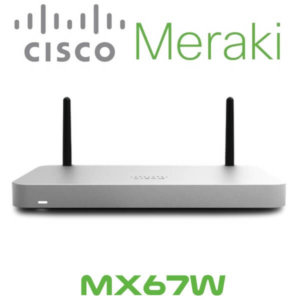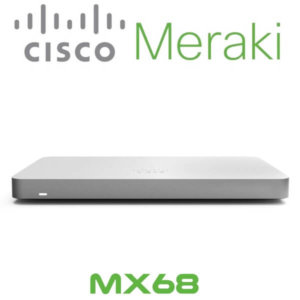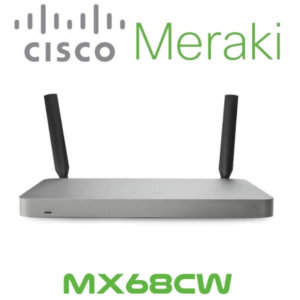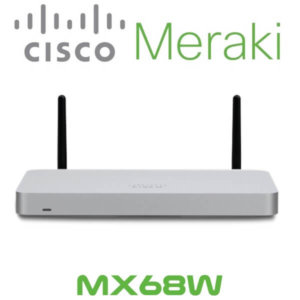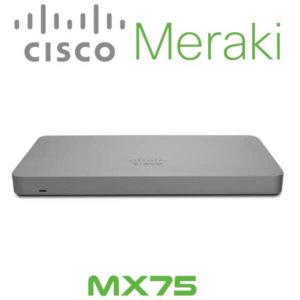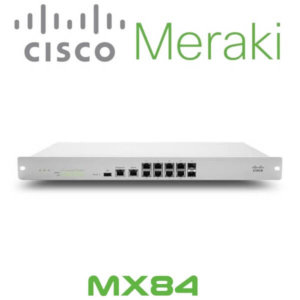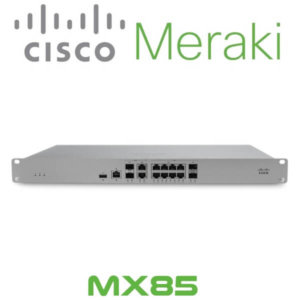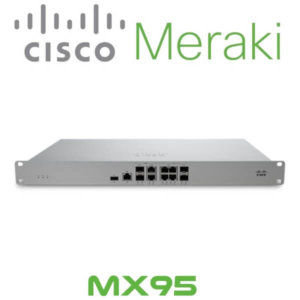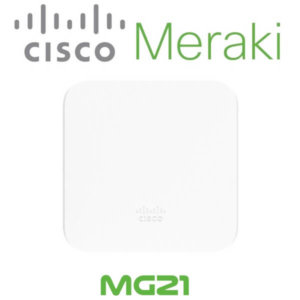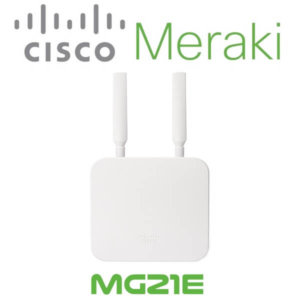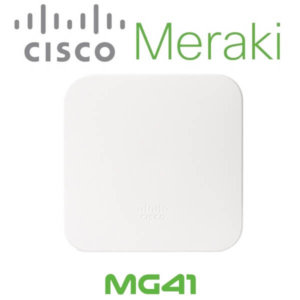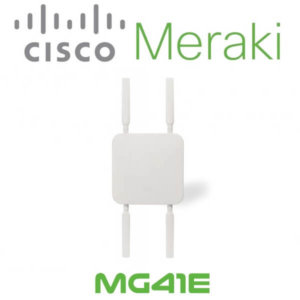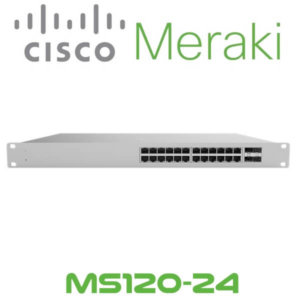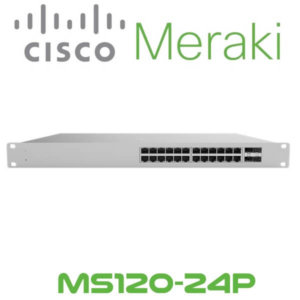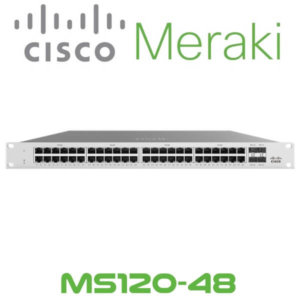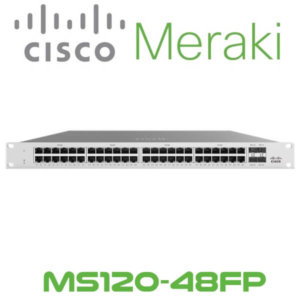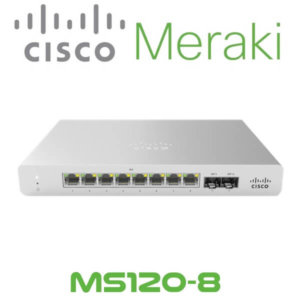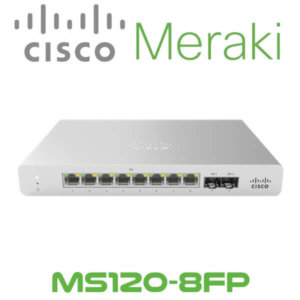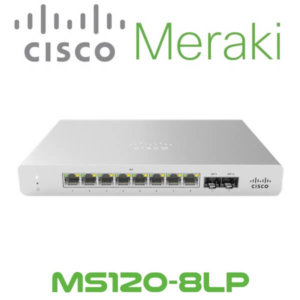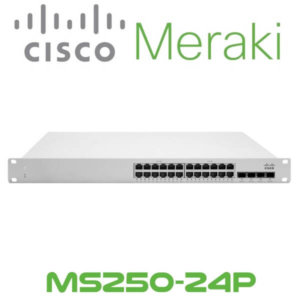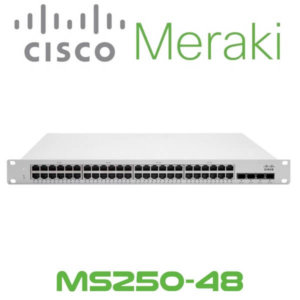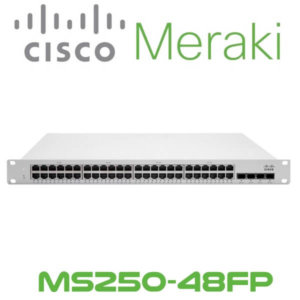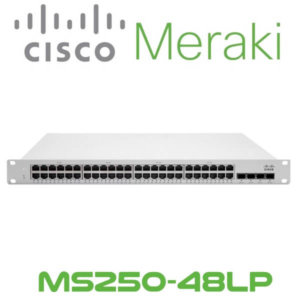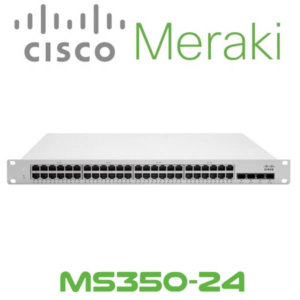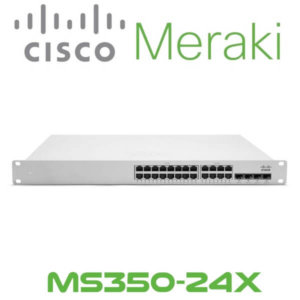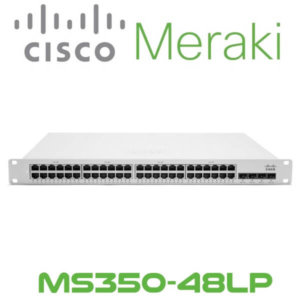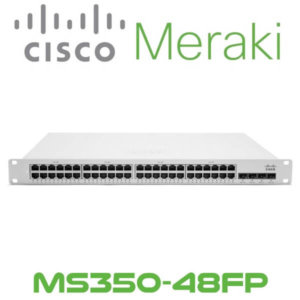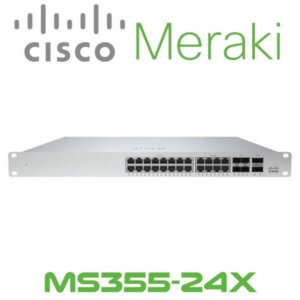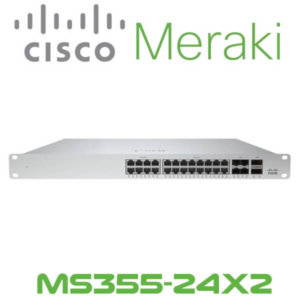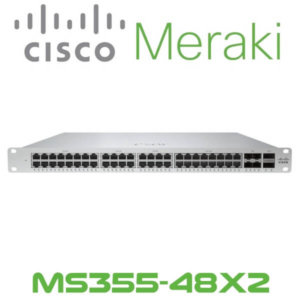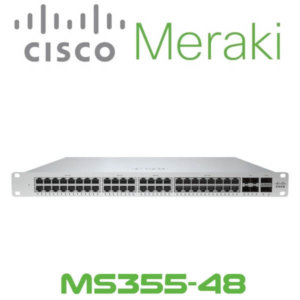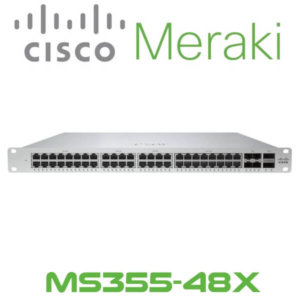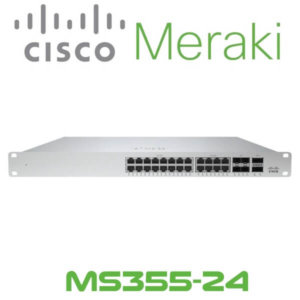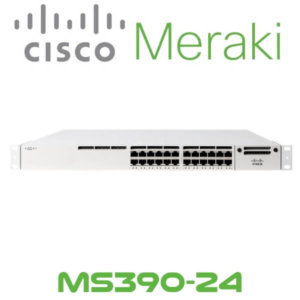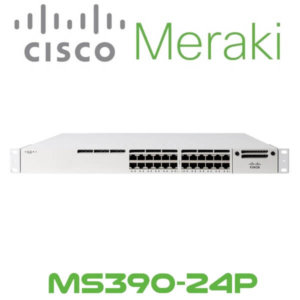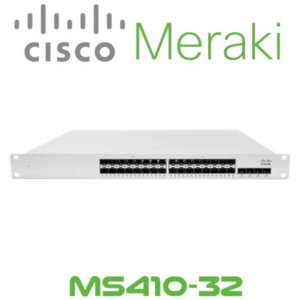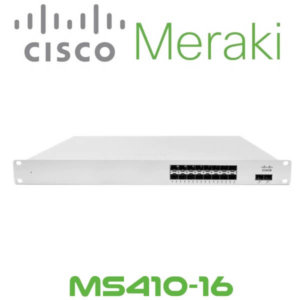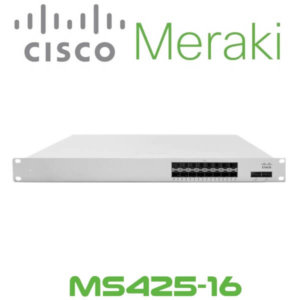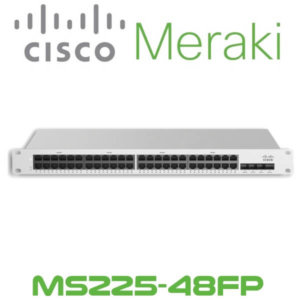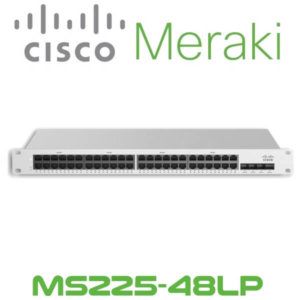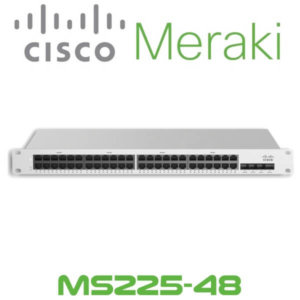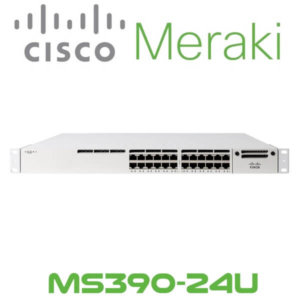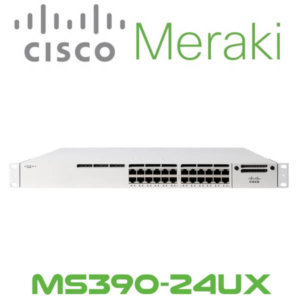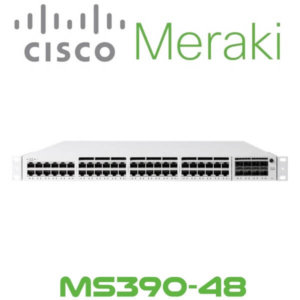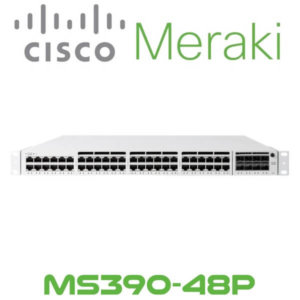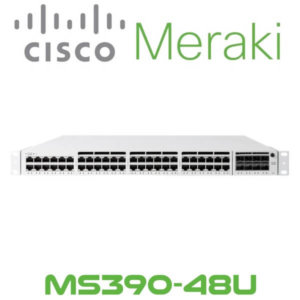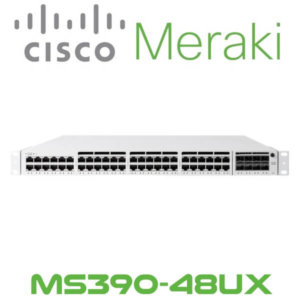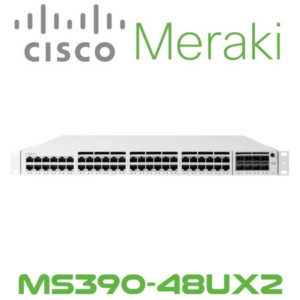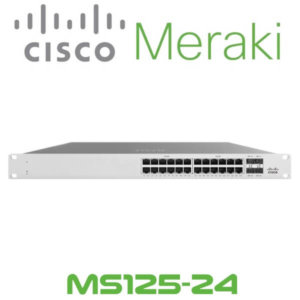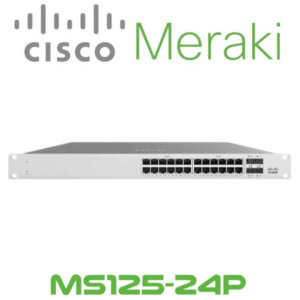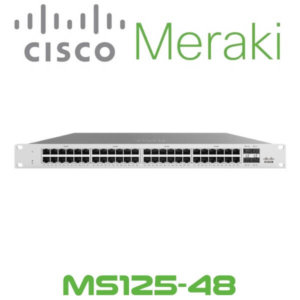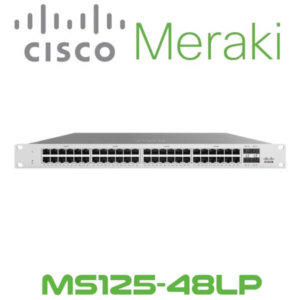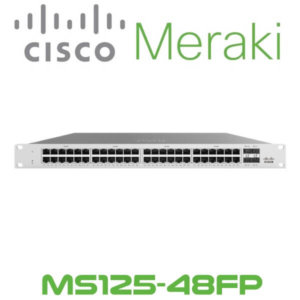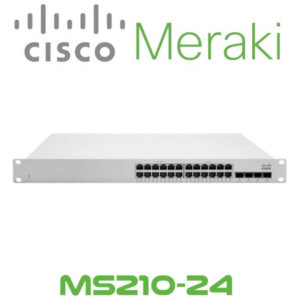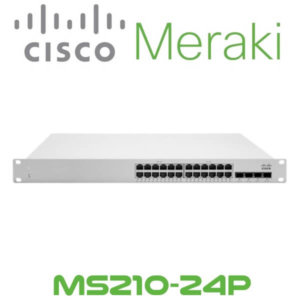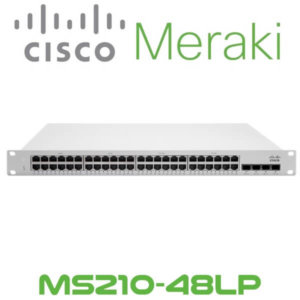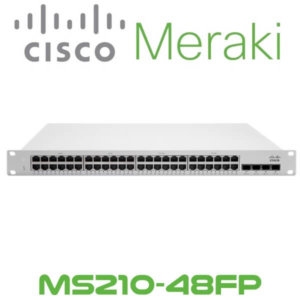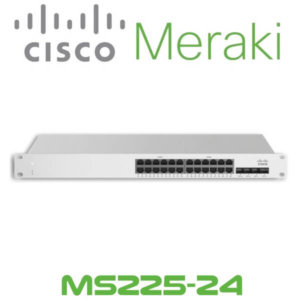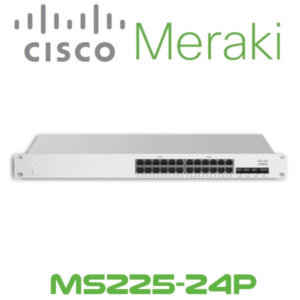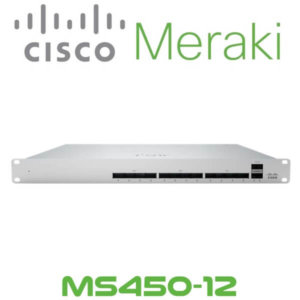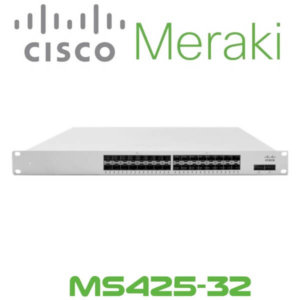Description
Meraki MS350-48 Network Switch Jeddah
Enjoy fast and easy network deployment using the Meraki MS350-48 Jeddah Cloud-Managed Switch. It comes with 48 ports that help expand network capacity. This switch uses the OSPFv2, static IP routing, to enhance connectivity. With support for PoE technology, Meraki MS350-48 Jeddah helps eliminate unsightly cord clutter. The Cisco Meraki MS350-48FP cloud-managed switch is compatible with a broad range of standards, such as IEEE 802.1ab (LLDP) and IEEE 802.3ad (LACP). Its ZTP functionalities facilitate the speedy configuration of new sites. Through a user-friendly GUI, IT administrators can manage ports easily. This Meraki MS350-48 Jeddah switch offers remote troubleshooting tools that facilitate speedy issue identification and remediation. Its compact 1 RU construction saves space.
Features:
Built-In Multi-Site Cloud Management
The Meraki MS350-48 Jeddah is the industry’s first cloud managed switch, combining the benefits of cloud based centralized management with a powerful, reliable access platform. Cloud management has a number of benefits that make it easier to build networks large and small:
- Single pane of glass management of distributed switch deployments, wireless APs, and firewalls across multiple sites through the browser.
- Virtual stacking: manage up to tens of thousands of ports from a single pane of glass.
- Layer 7 OS, client, and hostname fingerprinting.
- Powerful Live Tools such as cable test to isolate physical layer issues.
- E-mail and SMS (text) alerts upon power loss, downtime, or configuration changes.
- Role-based administration and automatic, scheduled firmware upgrades over the web.
- Regular feature updates and enhancements delivered on demand from the Meraki cloud.
- No staging deployments
With cloud management, thousands of switch ports can be configured and monitored instantly, over the web. Provision remote sites without on-site IT, deploy network-wide configuration changes, and easily manage campus and distributed networks without training or dedicated staff.
Converged Voice, Video and Data Environments
The Meraki MS350-48 Jeddah is designed to unify data, voice, and video onto a single IP backbone. All Cisco Meraki switches support rich quality-of-service (QoS) functionality for prioritizing data, voice, and video traffic. The switches support eight class-of-service (CoS) queues on every port, enabling them to maintain end-to-end traffic prioritization.
Meraki MS350-48 – Technical Specs
Configurations
- All models: Physical stacking *
- All models: 48 port gigabit Ethernet
- All models: 4 × SFP+ for 10G uplink, non-shared
- MS350-48LP includes 370 W PoE / PoE+
- MS350-48FP includes 740 W PoE / PoE+
Hardware platform
- Voice and Video QoS
- Non-blocking switch fabric
- Hot-swappable power supplies and fans
- Ultra-reliable, includes lifetime warranty
Power over Ethernet (for PoE model)
- 802.3af (PoE) 15.4 W per port
- 802.3at (PoE+) 25.5 W per port
- MS350-48LP maximum PoE output: 370 W
- MS350-48FP maximum PoE output: 740 W
- PoE available simultaneously on all ports
- Intelligent PoE power allocation based on device advertisement (LLDP)
Cloud management
- Visibility and control over thousands of ports
- Built-in multi site management
- Zero touch provisioning
Monitoring and diagnostics
- Cable failure testing
- Gateway connectivity testing
- Real time troubleshooting tools
- Email and text message alerts
Layer 3
- Dynamic routing (OSPFv2)
- Static routing
- DHCP Relay
- DHCP Server
- First of a kind UI-based configuration
- Easy to configure routed interfaces
- Warm spare redundancy (VRRP)
- DHCP Failover



